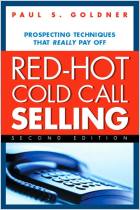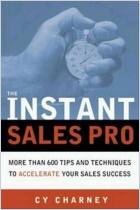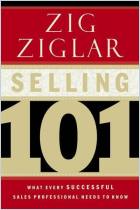
Sales Don't Just Happen
26 Proven Strategies to Increase Sales in Any Market
Recommendation
In Sales Don't Just Happen, Stephan Schiffman, the founder of a fast-growing sales training company, expands on his approach to selling based on developing a proposal that makes sense to the prospect. He fills his book with discussions of the same basic principles he has presented in several other books, though each has its own emphasis, such as cold calling or making a more effective close. Here Schiffman ranges through the four key phases of the sales cycle - prospecting, interviewing, presentation and close - to teach 26 strategies (one main technique per chapter) that push a sale forward. At the end of each chapter, he summarizes how to apply that chapter's tips. These methods are generally quite useful, though familiar, basic approaches. One warning: if you've read Schiffman's other sales books, you may experience a sense of déjà vu. But otherwise, getAbstract.com recommends this solid manual to any corporate sales rep who makes in-person presentations in quest of large sales.
Summary
About the Author
Stephan Schiffman is a certified management consultant and the founder of the D.E.I. Management Group, Inc., a sales training company. Since 1979, he has helped more than 500,000 professionals through motivational seminars, workshops and lectures. He is the author of 18 books on sales and marketing, including Cold Calling Techniques (That Really Work!) and Getting to Closed.




















Comment on this summary or Comenzar discusión